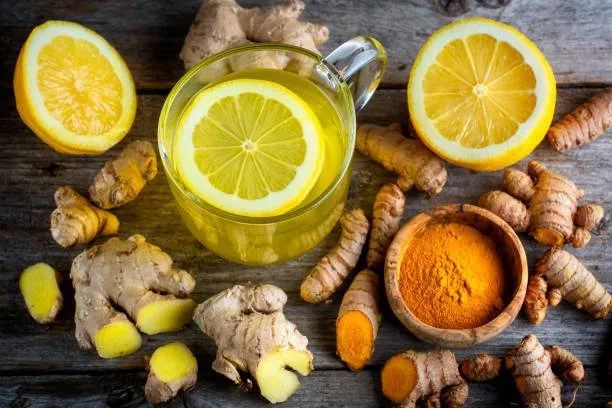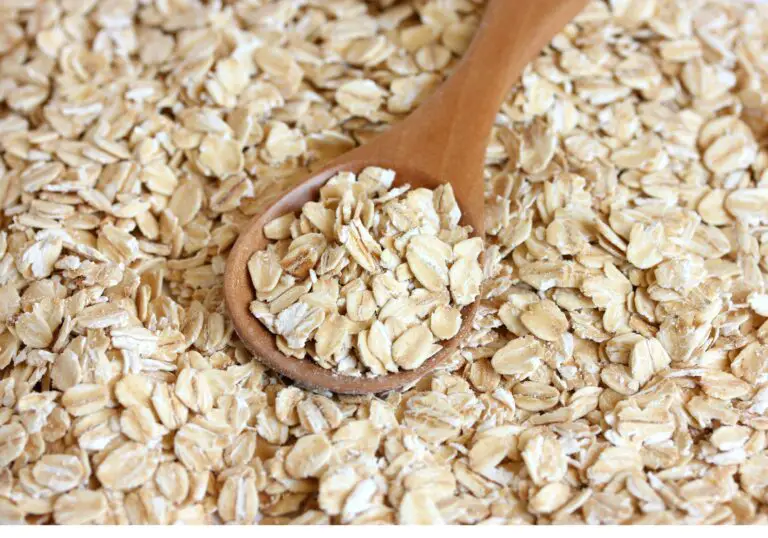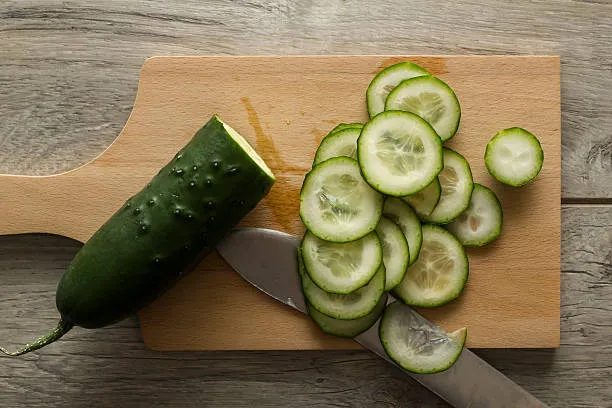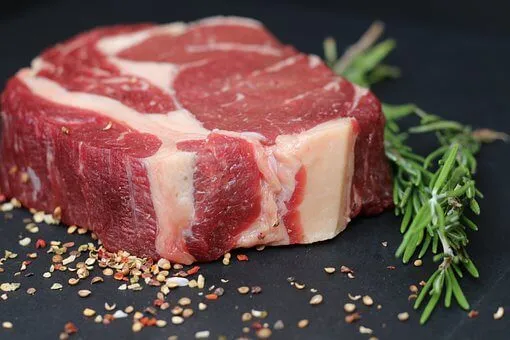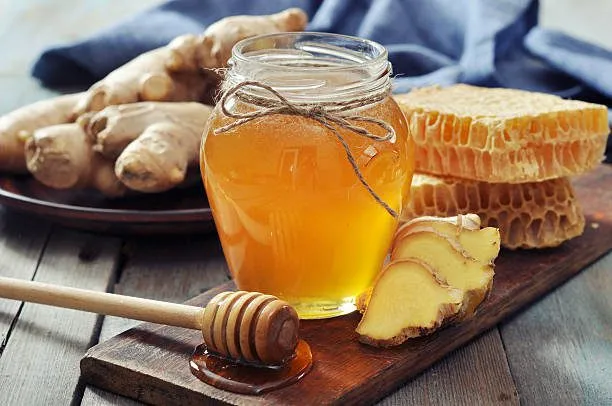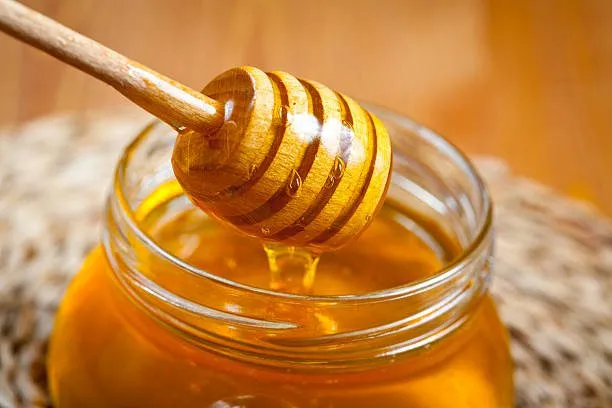11 Best Natural Remedy for Heart Palpitations
Heart palpitations are a common condition that brings a feeling of pounding, fast-beating, and fluttering heart. They are caused by stress, anxiety, medications, and sometimes an overactive thyroid. It can be a frightening experience and is often felt on the throat, chest, and neck. While they are scary, they are not usually severe or harmful. However, if they occur regularly, they might be related to abnormal heart rhythm, and you may need medical attention.
Thankfully there are many natural home remedies to help you prevent heart palpitation. So, if you’ve ever felt your heart race or your pulse skip a beat, try these natural home remedies and start enjoying a healthy and palpitations-free life.
Best Natural Remedy for Heart Palpitations
1. Get Regular Exercise
Regular exercise is one of the home remedies to help you prevent heart palpitation. Whether you want to engage in an aerobic exercise like jogging or strength training like weightlifting, exercise effectively improves your cardiovascular health. Consecutively, regular exercise is a good way of reducing the triggers that cause heart palpitation. This includes anxiety and stress.
Some of the best exercises to prevent heart palpitation include:
- Jogging
- Swimming
- Running
- Biking
- Brisk walking
- Breathing exercise
However, if you regularly experience palpitations, you should consult your doctor before exercising. If your doctor gives you the green light, consider incorporating this exercise into your routine.
2. Relaxation Techniques
Stress and anxiety can trigger heart palpitation or make them worse. However, there are some home relaxation techniques that you can incorporate into your daily lifestyle and help prevent heart palpitation.
Some of the relaxation techniques to prevent heart palpitation include:
- Deep breathing
- Yoga
- Exercise
- Having breaks in your work
- Journaling
- Spending time doing outdoor activities
- Meditation
3. Reduce Caffeine Consumption
You may not think that a cup of coffee or a can of energy drink would be linked with heart palpitations, but caffeine can contribute to an increased risk of palpitations. In a study published in, “Evidence-Based Complementary and Alternative Medicine,” found that caffeine effectively increased heart palpitations and arrhythmias.
If you experience palpitations regularly, consider reducing your caffeine consumption. However, you don’t have to completely eliminate caffeine from your life. You can minimize caffeine intake by drinking less coffee, choosing caffeine-free drinks, or switching to decaf.
4. Avoid Alcohol
Alcohol is a depressant and has been linked to triggering heart palpitation. While drinking in moderation may not be an issue, research shows that using it excessively will increase the risk of atrial fibrillation.
If you’ve been experiencing palpitations and regularly consume alcohol, you should consider cutting back on your alcohol intake. While you don’t want to eliminate alcohol from your diet entirely, reducing your intake may help reduce your risk of experiencing palpitations. Most importantly, you can discuss the correct quantity to take with your medical provider.
5. Hydration
When dehydrated, the heart must work harder to ensure that blood circulates to all body parts. By working hard, there is an increased chance of getting heart palpitation. However, research shows that the amount of water to be taken daily is dependent on the age, pregnancy status, and sex of the individual.
Some of the common signs of dehydration include:
- Dry mouth
- Dark urine
- Dizziness
- Headache
- Thirst
- Dry skin
- Increase in heart rate
6. Stimulating the Vagus Nerve
Vagus nerves are the nerves that connect the heart to the brain. Stimulating them can help to calm down heart palpitation. Some of the home remedies to stimulate the vague nerve includes:
- Taking a cold shower
- Massaging your neck
- Placing a cold towel or ice on the face
- Holding and pushing down your breath
- Chanting
- Splashing cold water on your face
7. Drink Herbal Teas
A cup of herbal tea may sound less effective than a cup of coffee, but research shows that consuming certain herbal teas regularly may help lower your risk of experiencing heart palpitations.
Herbal teas like chamomile, lavender, and peppermint have anti-arrhythmic properties, which may explain why they’ve been linked to reduced risk of palpitations.
A study published in, “Evidence-Based Complementary and Alternative Medicine,” found that chamomile and lavender tea effectively reduced heart palpitations. If you frequently experience palpitations, consider swapping your daily coffee for herbal tea.
8. Take Magnesium Supplements
You may have heard people say that bananas are good for your heart, but bananas aren’t the only food that contains magnesium. Magnesium supplements are linked to reduced risk of palpitations and other heart-related conditions like high blood pressure, arrhythmia, and atrial fabrication.
A study published in the journal, “Cardiovascular Drugs and Therapy,” found that magnesium supplements effectively reduced heart palpitations and arrhythmias in people with heart conditions.
However, if you don’t have a diagnosed heart condition, be careful not to overdo it with magnesium supplements. Similarly, if you want to try magnesium supplements, consult your healthcare provider beforehand.
9. Try Acupuncture
For palpitations brought about by anxiety, acupuncture is traditionally used to treat anxiety symptoms. In an article by PubMed, acupuncture is an ancient therapeutic method with a long history in treating palpitations. With the current evidence, acupuncture has benefits like regulating the heart’s rate and rhythm.
Similarly, acupuncture is effective in reducing heart palpitations and anxiety, stress, and sleep disturbances often associated with palpitations. While more research is needed to understand how acupuncture treats heart palpitations, many people report that it has effectively reduced their symptoms. If you’re looking for ways to reduce your risk of heart palpitations, acupuncture may be a good option for you.
10. Eat Healthy Foods
While many think eating healthy means cutting out all fats and sugars, excess deprivation can be more harmful than beneficial. Instead, you should focus on eating a balanced diet rich in healthy fats, protein, and fiber. Eating plenty of fresh fruits and vegetables, whole grains, and low-fat dairy products may help reduce your risk of experiencing heart palpitations.
However, having a healthy diet means avoiding the food that triggers heart palpitation. This includes stimulants like caffeine, energy drinks, and nicotine, which may lead to an irregular heartbeat.
11. Seek Medical Advice
If you’ve tried all the above methods and are still experiencing palpitations, consider speaking to your doctor. Your doctor can perform a physical examination and run some tests to help rule out any underlying conditions that may be causing your heart palpitations.
Suppose your doctor determines that you aren’t at risk of developing a heart condition, they may recommend trying other remedies or prescribing you some medication to help lower the risk of illnesses that palpitations may cause.


